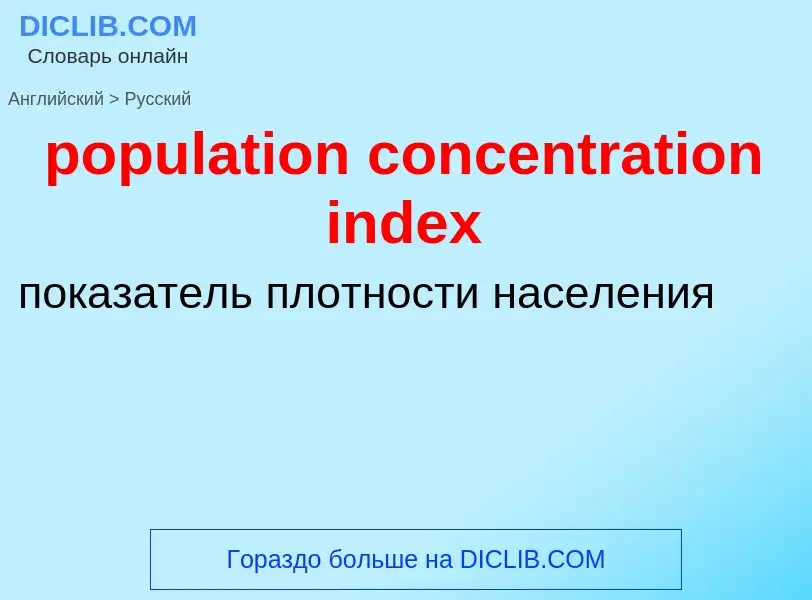Traduction et analyse de mots par intelligence artificielle ChatGPT
Sur cette page, vous pouvez obtenir une analyse détaillée d'un mot ou d'une phrase, réalisée à l'aide de la meilleure technologie d'intelligence artificielle à ce jour:
- comment le mot est utilisé
- fréquence d'utilisation
- il est utilisé plus souvent dans le discours oral ou écrit
- options de traduction de mots
- exemples d'utilisation (plusieurs phrases avec traduction)
- étymologie
population concentration index - traduction vers russe
Définition
Wikipédia
Whipple's index (or index of concentration), invented by American demographer George Chandler Whipple (1866–1924), is a method to measure the tendency for individuals to inaccurately report their actual age or date of birth. Respondents to a census or other survey sometimes report their age or date of birth as a round number (typically ending in 0 and 5), or to be more culturally favorable, for example, so that they appear younger or to have been born on a date considered luckier than their actual date of birth. The process of reporting a rounded or “lucky” age is known as age-heaping.


